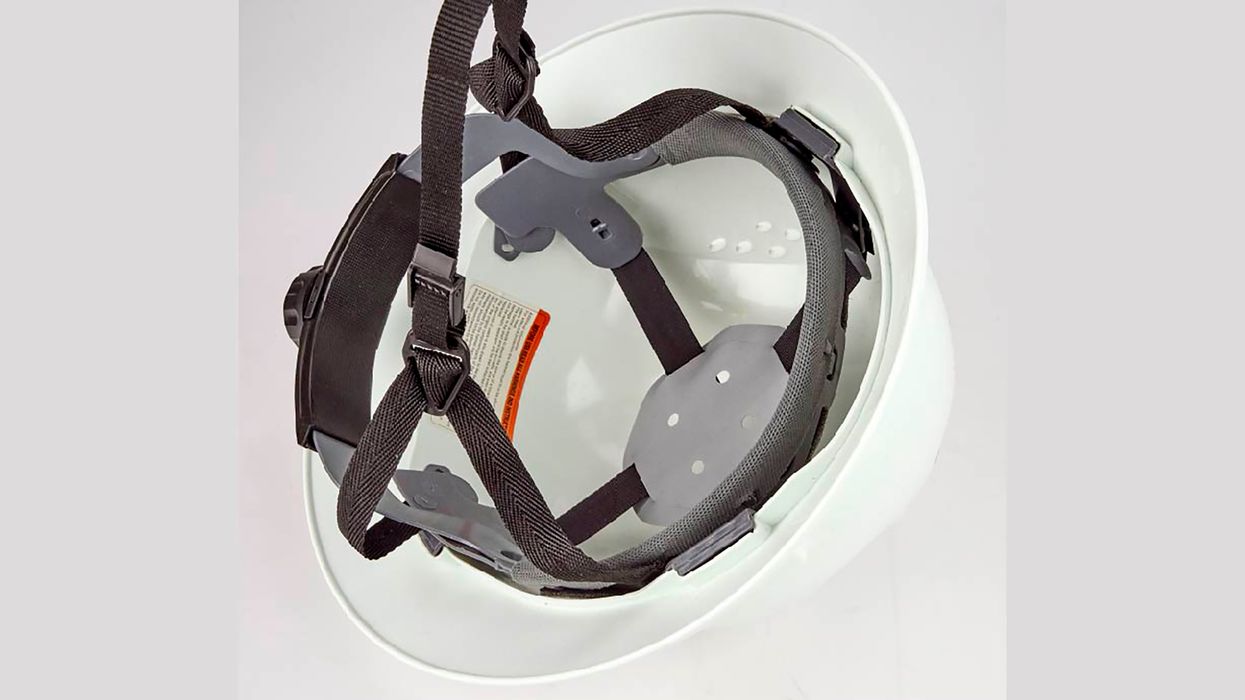Expert Insights: Are you overlooking these miles for IFTA and IRP?
Mileage records directly affect your bottom line when it comes to registration and fuel taxes. Whether you track distance on paper or with an electronic recording device, are your records as accurate as they need to be?
Under the International Fuel Tax Agreement (IFTA) and the International Registration Plan (IRP), detailed distance data helps you file accurate returns and registrations and document your operations for auditors. But misconceptions abound about what must be tracked and what can be left out.
Check your records against these top four ways to overlook miles in your IFTA and IRP distance tracking:
1. Short, local trips: Maybe a driver needs to take the truck for repairs in a nearby town. This mileage must be tracked and reported under IFTA and IRP. There are no exceptions for local distance under either program.
2. In-jurisdiction travel: Some drivers think miles driven in-state don’t need to be tracked. The truth is, in-jurisdiction travel must be tracked, just like all other trips. Maybe seasonal operations keep your trucks within your base jurisdiction four months out of the year, for example. During that time, you still must track all distance and fuel for IFTA and IRP reporting; there are no exceptions.
3. Off-highway miles: Off-highway miles, agricultural miles, forest road miles, and similar types of miles can also be confusing. That’s because not all states have the same rules. Off-highway miles may be exempt from tax in one state, for example, but not in the neighboring state. Not all jurisdictions are created equal when it comes to exemptions. And, even if the miles are exempt from tax, they must still be recorded and reported as part of your total miles.
4. Personal conveyance miles: Under the Federal Motor Carrier Safety Administration (FMCSA) hours-of-service regulations, drivers can operate under a “personal conveyance allowance,” meaning that while operating a commercial vehicle for personal use, the driver is off duty during that time. That’s all well and good under FMCSA rules, but for IFTA and IRP purposes, they must be tracked.
Auditor findings of missing miles can get expensive quickly. Keeping detailed and complete distance records is key to avoiding significant audit assessments and penalties.






















































